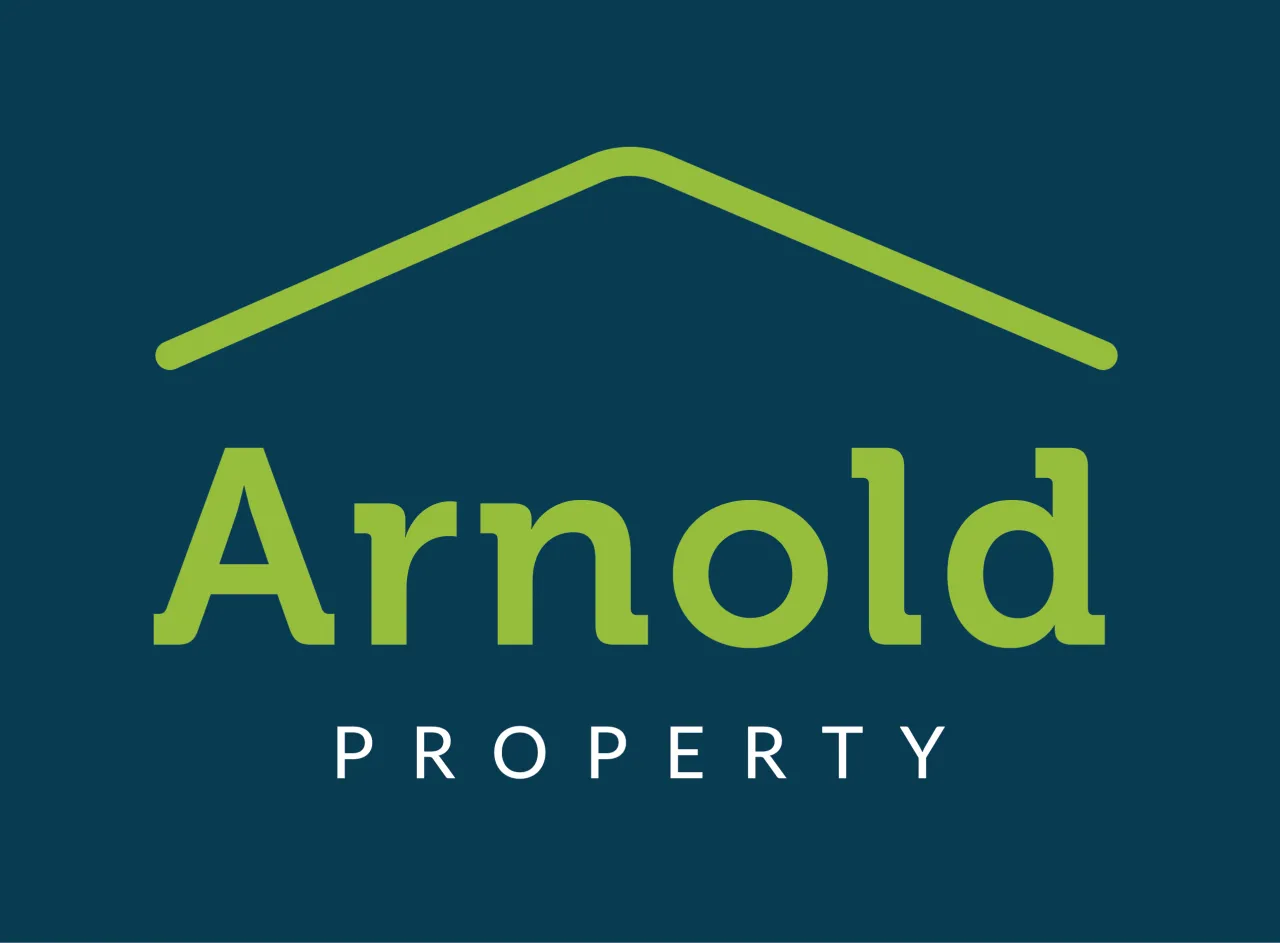Circumstances in people’s lives can change at any time. Sometimes this could mean the need to sell an investment property with a tenant residing in it.
First, we need to determine whether the Residential Tenancy Agreement is a “Fixed Term” of a “Continuing Agreement” In either case the tenant may choose to vacate the property.
Another thing to consider is what is happening in the market. Is it a buyers’ market? Or a sellers’ market? Or is it somewhere in between?
Fixed Term
Should the Tenant and Landlord both agree to continue the lease, there are benefits and disadvantages to both parties. The Tenant does have a right to end the agreement before it ends without any penalty. The landlord will continue to receive rental income up to settlement day, or up until the tenant vacates.
On the other hand, this denies the landlord the opportunity to stage/style the property to maximise the sale price. The Landlord also loses the opportunity to freshen up the property. Selling a property with a Tenant might restrict the type of buyer to an investor or someone not needing immediate possesion.
Sometimes an unhappy Tenant might sabotage the sale process, by not keeping the property clean and tidy. The Tenant might also make access difficult or discredit your property to buyers at open homes.
The advantages for the Tenant are that they can continue to reside in the property until their lease end date. Whilst the agent cannot guarantee that an investor will buy the property, there is a chance that could happen. It is important that the agent builds a good relationship with the tenant to increase the chances of selling to an investor.
Continuing Agreement
Advantages to the landlord are as above, except the Landlord would need to give 90 days’ notice to secure possession and 30 days’ notice on an unconditionally exchanged contract. Without losing any rental income. This scenario would also appeal to all buyers, investors, first home buyers etc.
Similarly, the Tenants can defer/avoid the relocation process, should an investor buy the property. Tenants, however, will be inconvenienced by having to do more regular tidying up. They would also have random buyers browsing through their home.
Whatever the scenario it is critical for the Sales Agent to have a face-to-face meeting with the tenants. During this meeting the following topics should be discussed:
- Negotiating open home times
- Open home process (having two agents present to register buyers and supervise the inspection.
- Outlining the tenants’ rights and guarantee that these rights will be respected and honored. At the same time explaining the landlords’ rights to sell.
- Agreeing on a Saturday open home and another opportunity mid-week if required.
- Providing 14 days’ notice in writing, seeking approval for a “for sale” signboard as well as photography.
- Providing updates from open homes
- Offering to assist the tenant in relocating, should am owner occupier buy the property.
- Explaining how the tenant could help attract another investor who might also would want them to stay as a tenant.
The sale process can be very stressful for tenants so by having open and regular communication is the key.

Whether you decide to sell your investment property with or without a tenant, we are happy to help!
Please reach out to Michael or Steve Arnold to have a confidential conversation to discuss your options.
Michael 0419 295 661 | sales@arnoldproperty.com.au
Steve 0419 947 980 | mail@arnoldproperty.com.au


